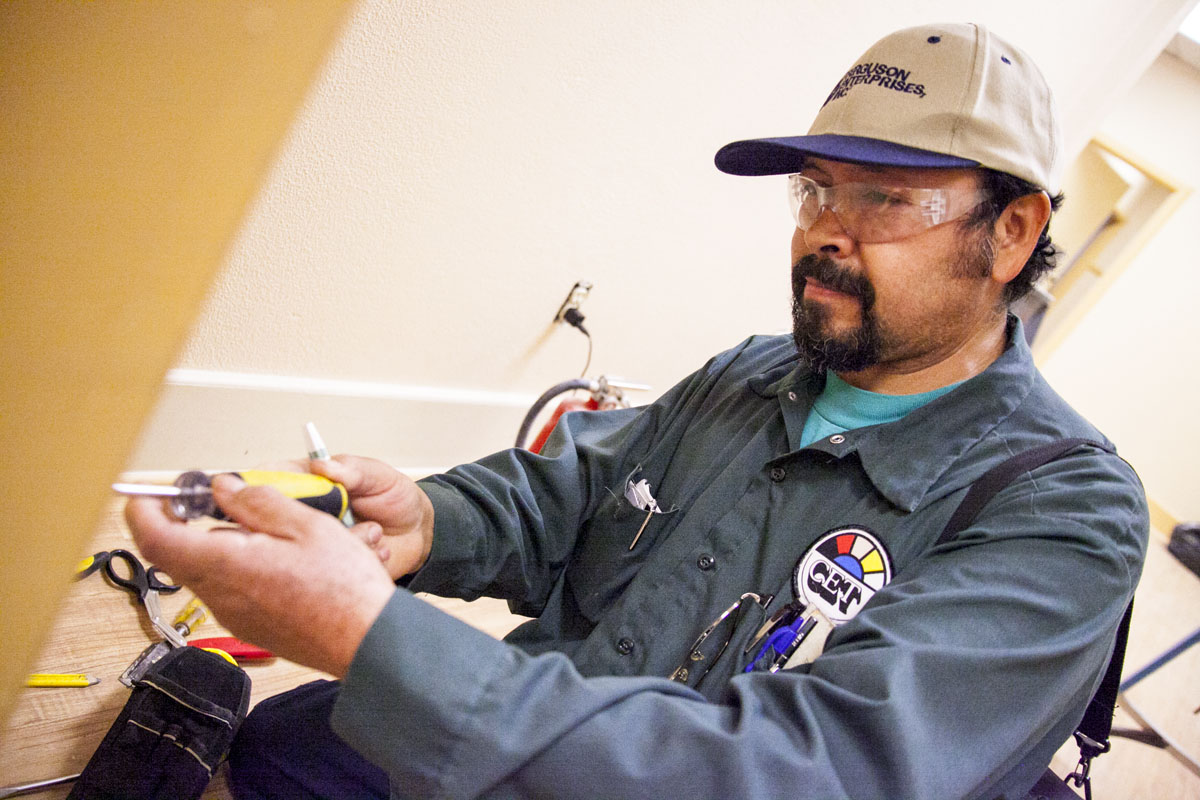The Difference Between Trade Schools, Vocational Schools, and Tech Schools
Individuals looking for job training so that they can enter a well-paying career may be confused about their options. They may wonder what the...
3 min read
 Amy Lawrence
:
Aug 17, 2020 9:00:00 PM
Amy Lawrence
:
Aug 17, 2020 9:00:00 PM

In recent years, career and technical education programs have become an increasingly important part of our American education system.
Nationally, we’ve seen an increase from 9.6 million students enrolled in tech and trade school programs in 1999 to over 16 million students enrolled in similar career schools in 2014. These programs are on the rise as more and more students opt for career-based training over a traditional four-year degree program.
But this is not the “traditional path to success” we hear about over and over again in our elementary and secondary educational systems. Parents who are used to the path of students heading from high school to a college or university may have concerns about what this means.
The truth? Career training at a technical or trade program is a fantastic way to set your child up for success. Here’s what you need to know about these kinds of educational opportunities.
Paying for college is not as simple as it was years ago. This is one of the reasons why many students aren’t as interested in pursuing post-secondary educational opportunities at a traditional college or university.
Here’s a quick way to break down the skyrocketing costs of a college education:
In 1974, the average American family earned just under $13,000 annually and could purchase a new home for just $36,000, a new car for $4,400. At this time, attending a public university cost just $510 per year, and a private university would cost around $2,000.
But these numbers aren’t adjusted for inflation, right? In current dollars, the figures would look like this:
However, this is not the case. While the median annual income in 2015 was $64,000, home prices have increased by two-thirds. Cars cost about the same, but college prices have soared.
In 2015, the average cost for annual tuition for a private school was $31,000. The average cost for a public university was $9,000, or nearly four times the adjusted cost of tuition in 1974.
College and university programs aren’t as affordable as they used to be, and with increasingly unfair student loan practices, many current students at all GPA levels are not so enthused about paying so much for college.
And 40 percent of college students drop out before completing their degrees. They have all the student loans with none of the benefits. Sixty-four percent of students take longer than four years to graduate, compounding their loans and paying more and more to finish their degrees.
On the other hand? Career, technical and trade school programs are much more affordable. The median cost for a certification program at the Center for Employment Training is somewhere around $10,000, with programs ranging from around $2,000 to $20,000 depending on the program and length of training. Many students find the price tag as well as the truncated training time compared to a four-year degree incredibly appealing.
Like other tech and trade schools, at the Center for Employment Training (CET), programs are offered in industries that are expected to see a great deal of growth and/or stability and security in the years and decades to come.
These kinds of programs have a strong capacity for earning potential and line up with many industries that are projected to have the most job growth between 2018 and 2028, like personal care aides, home health aides, medical assistants and medical secretaries as well as electricians and workers in construction, computer user support services, information technology, and trucking and logistics.
At CET, we offer certifications and educational opportunities in all of these fields and many more to best fit the needs and interests of your student while preparing them to step into a modern-day job market.
It’s also important to note that skilled trade workers are a disproportionately older population. As these tradespeople begin to retire, this only will create increased opportunities for young workers to step into their jobs.
Not only will your child enter the job market much faster—and with marketable skills and real-life experience—but there are great opportunities for making a successful living with the training and certifications earned at a technical or trade school like CET.
Many skilled trade jobs pay very well and offer salaries that exceed national median income levels without requiring a bachelor’s degree or the steep student loans that go hand in hand with these degrees.
According to the Bureau of Labor Statistics, continuing education beyond a high-school diploma opens career opportunities and creates opportunities for a higher earning potential. Also, you’ll find lower rates of unemployment for people with any kind of higher education, including tech and trade school certifications and diplomas.
Even before you calculate the monthly student loan payments (which average $305 per month but can go much, much higher), it’s plain to see that enrolling in a technical or trade program like the ones offered at CET is a wise investment in your child’s long-term future.
There are countless reasons to support your child’s choice to attend a technical school or a trade school. The most important one, however, is supporting your child for who they are and what they want to do.
At CET, we’re happy to talk to parents and students alike about their educational options. Want to learn more about how we can help set your child on the path to successful employment? Contact us today!

Individuals looking for job training so that they can enter a well-paying career may be confused about their options. They may wonder what the...

Anyone who has ever achieved their dream job can tell you, the satisfaction of success is priceless. The good news is: the jobs can also be very...

It took a world pandemic and a series of historical events to occur so that aspects of everyday life – that we perhaps never thought could change –...